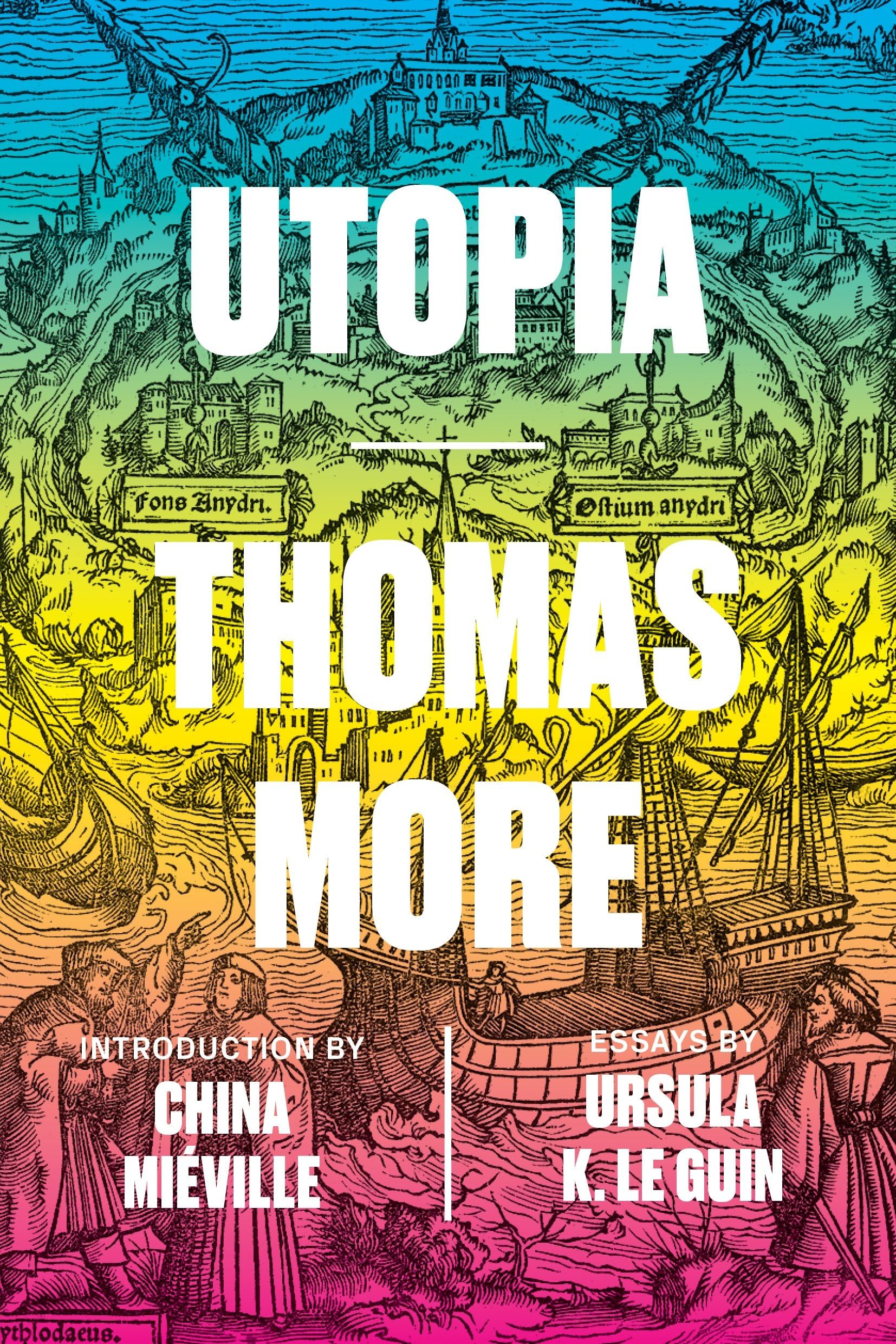Customer Services
Copyright © 2025 Desertcart Holdings Limited


Utopia [More, Thomas, Miéville, China, Le Guin, Ursula K.] on desertcart.com. *FREE* shipping on qualifying offers. Utopia Review: Unexpected interest - This book is a philosophical venture into a utopia and a descriptive narrative. I appreciate the authors writing style. It show different perspectives. Quote after quote of relelentless analysis. Moore writes that a utopia is a society filled with health, wealth, comraderie, strength and basic intellect. He also mentions religion as a spiritual elements necessary. Morals guide the masses and government is crucial. Very short so a quick read. Review: Good resource book - Enjoyable book. Will be part of my resource library.
| Best Sellers Rank | #447,996 in Books ( See Top 100 in Books ) #25 in Utopian Ideology #435 in Political Philosophy (Books) #1,635 in History & Theory of Politics |
| Customer Reviews | 4.3 4.3 out of 5 stars (232) |
| Dimensions | 5.5 x 0.6 x 8.25 inches |
| ISBN-10 | 1784787604 |
| ISBN-13 | 978-1784787608 |
| Item Weight | 2.31 pounds |
| Language | English |
| Print length | 224 pages |
| Publication date | November 8, 2016 |
| Publisher | Verso |
S**A
Unexpected interest
This book is a philosophical venture into a utopia and a descriptive narrative. I appreciate the authors writing style. It show different perspectives. Quote after quote of relelentless analysis. Moore writes that a utopia is a society filled with health, wealth, comraderie, strength and basic intellect. He also mentions religion as a spiritual elements necessary. Morals guide the masses and government is crucial. Very short so a quick read.
S**E
Good resource book
Enjoyable book. Will be part of my resource library.
R**R
Sir Thomas’s Impossible Dream
This edition worked well with the Kindle edition. Provides a vision of an ideal society during the Tutor period. A primary source providing historical insight into the thought of an important English intellectual.
L**S
Utopia
I needed this to fill out my reading "vocabulary." It's good but a bit of a slog.
J**.
Great quality
Exactly the book I was looking for.
J**Y
a classic with excellent overview
This edition has brief essays by Ursula K. Le Guin, and one by China Mieville. Moore's Utopia is worth reading as the foundation of such imaginings. Readers might be disappointed to find that fornication is a capital offense, children are moved about simply to balance population, and there is a long section on how to fight and win a war. —not my idea of the Promised Land.
N**R
Five Stars
rather small print--
L**F
It's not like there is a shortage of books to praise for ...
I cannot believe this book is a classic. It is simply written and offers nothing but someone's fantasy. I've been meaning to read it for some time and when I did I was unable to finish this story that must be designed as a children's bedtime story. It's not like there is a shortage of books to praise for their content and style, there's countless books that should be recommended. I think this book won favor with people because it is old and many people fall in love with old things.
M**T
I have been reading about the Tudor period recently. I always like to dip into some "background" and I kept meeting references to "Utopia", so decided to read it. I am glad I could put it into a context, otherwise it might have seemed a bit of a nonsense. Considering when it was written and the attitudes of the time, it has a surprisingly modern tone to it. It could be a good stimulus for discussions wiith undergraduates. I am glad I read it. Certainly more entertaining than Karl Marx.
C**N
Fiz o pedido ontem e, indo contra a previsão de quase 7 dias, o produto chegou hoje. Veio inteiro, de acordo com o esperado.
***A
Für Philosophieinteressierte mit Sicherheit geeignet, ansonsten vielleicht etwas trocken
A**M
Assez bon marché. Une édition minimale en petits caractères. Ni préface, ni introduction, ni notes.
D**E
satisfactory
Trustpilot
5 days ago
1 month ago